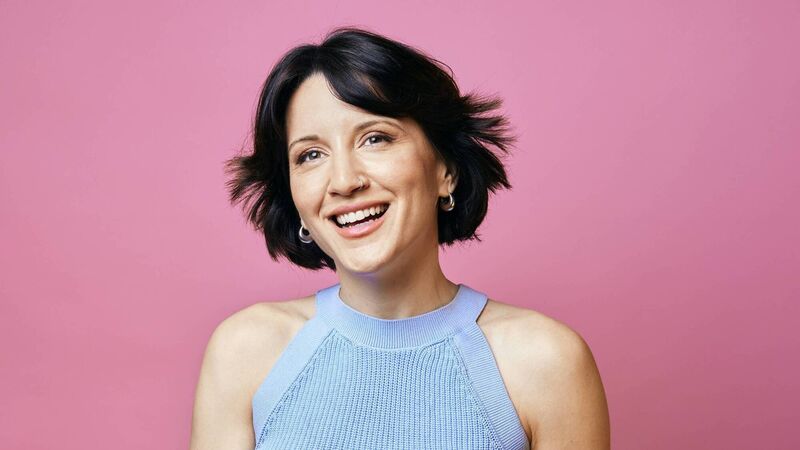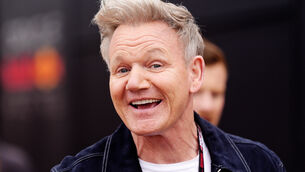'Nothing to lose and nothing to prove': Aoife Dunne on how losing her mother shaped her future

Comedian Aoife Dunne: "I approached it all with that level of fun and curiosity, which isn’t me; I’m an overthinker, I have ADHD, I’m extremely anxious. It was just this newfound confidence and a real fuck it attitude of ‘yeah, let’s see’.” Picture:







